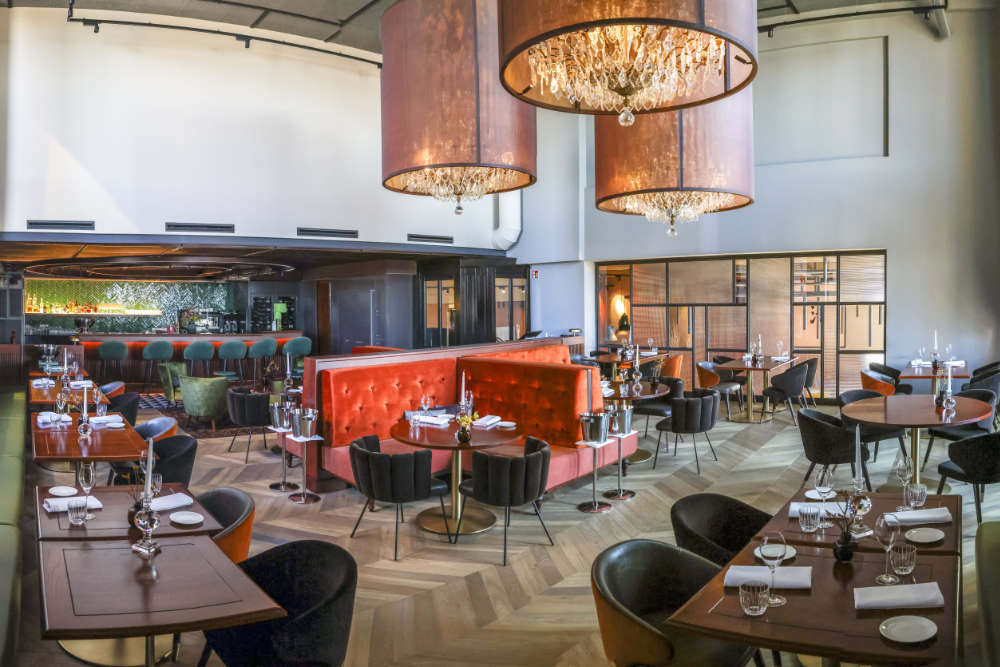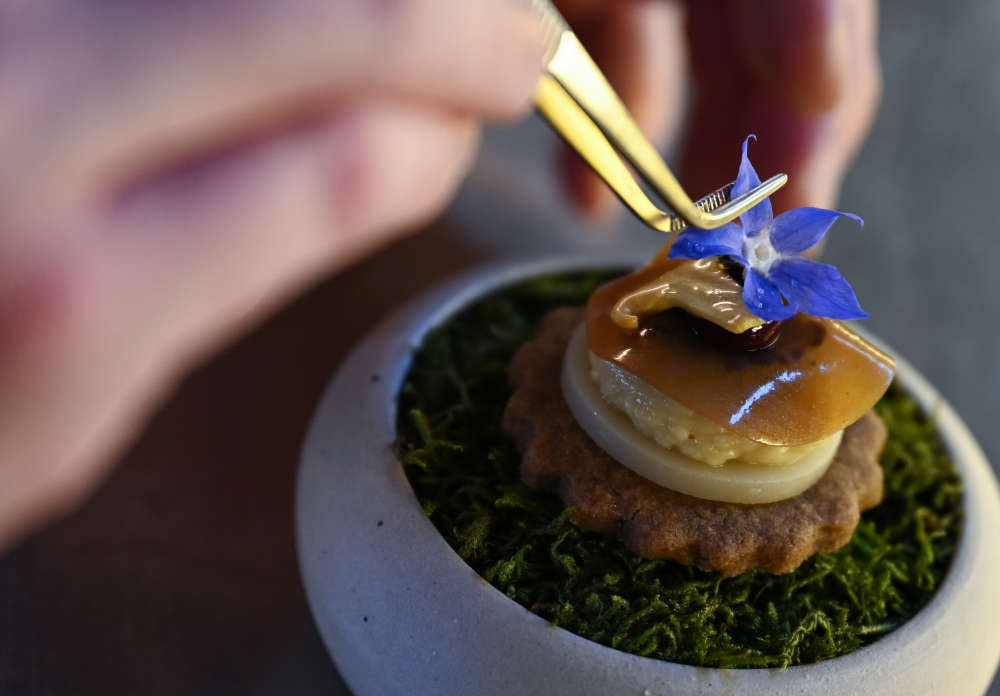Saturday the 15th of April 2023.
The oceans are overfished. And in places where fish is rare it becomes expensive. Which is why an increasing number of restaurants are turning towards farmed fish. This then leads to a kilo of freshly caught summer sardine from the sea already costing as much as farmed sea bass. And it’s always about sheer mass. The approach of summer brings the approach of the tourists. A region which in normal times counts not even half a million residents is artificially inflated to form a community of sun worshippers taking in huge numbers of residents of Lisbon and Porto as tourists; add to those the ones coming in from London, Berlin and Paris, from Amsterdam and Brussels, Madrid and Rome, and for two to three months the Algarve turns into a fairground worthy of Saint Martin’s Day. Those reading the numbers crunched by the statisticians will ask themselves a very pertinent question: where all the resources for the some ten million additional people are supposed to come from, where the water will be supplied from and where the wastewater will be going …
Can’t we do things in a way that’s a little less manic? Shouldn’t we be a little more careful with our resources? And wouldn’t we ourselves be better off working in a more balanced way, and instead of putting in six months of extra hours and counting on the job centre’s support for the remainder of the year, hadn’t we better look for year-round employment? Isn’t less maybe more? Including when it comes to food?
I can still remember the times in the Algarve when you could eat as many sardines as you wanted for 100 escudos. Crazy! Can you remember when exactly that was? In 1993, thirty years ago. And as I’m increasingly becoming aware of the life cycle of the sardine, I suddenly remember Julio Bernardo, this gifted photographer and filmmaker from Portimão, who once said that tourism would finish off the sardine. Those who, like Julio, knew the spawning grounds of the sardines in Rio Arade will have fainted with fury over the dredging of the shipping lane, to gain sand for the concrete of Praia da Rocha.
It’s always the economy determining the dance of the sardine. One portion containing six small fish will now set you back ten euros. First the spawning grounds were destroyed by the construction industry (here’s looking at you, Bemposta), then the sea was overfished by fishermen, and just before the sardine became extinct, the EU quickly declared new fishing quotas. Today the fishermen are filling in forms to fish for subvention payments? What is a fisherman to live off if there are no more fish in the sea?
ECO123 will once again take a closer look at the issue of food. We’ll eat out and go for drinks anonymously. Usually we’ll judge the technical skills of the chefs, but we’ll also look at animal welfare. And are there freshly squeezed juices/alcohol-free options to accompany the menu? The finishing touches of a meal are always provided by dessert. For ECO123, the quality of the produce, the balance of the dishes’ composition, the sophistication of the flavours, but also the cleanliness of the “smallest room”, the friendliness and professionalism of the waiting staff, the ambience and the style round off the overall impression of a restaurant and its services. And what is a fair price for a meal like that? From time to time our column will introduce you to a provider of new local produce. That too remains subject to our in-house journalistic guidelines and cannot be „bought“. Our first text will start in Silves. Where exactly? This is something you can find out here next week. So let me just say I‘m very happy to welcome you to our new column, dedicated to „Food & Drink“.
 Eco123 Revista da Economia e Ecologia
Eco123 Revista da Economia e Ecologia





